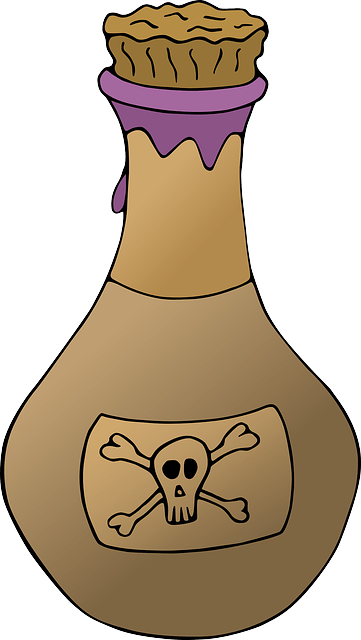Venom vs Poison
Venom and poison are often thought to be the same thing, but they are actually different from each other. Although they share many similarities, there are distinct differences between the two. Venom is only used as a noun, while poison can be used as both a noun and a verb. Additionally, both venom and poison have their origins in Middle English.
What does Venom mean?
Venom is non-toxic if swallowed, but becomes toxic when injected under the skin by venomous creatures such as snakes and spiders. This venom then goes inside the tissues of the body that are normally protected by the skin, which is why a snake bite is considered to be harmful. The distinction between poisonous and venomous organisms helps to clarify the difference between venom and poison. Venomous organisms are those that can inject or administer the toxin into human bodies, causing harm. Venom is produced and contained in special organs used by the organism for this purpose.
What does Poison mean?
Poison is a substance that is toxic and causes harm when eaten, inhaled, or swallowed. Poisonous organisms are those that, when consumed, cause harm to humans. Poison is a toxin that is produced in a large part of the body of the organism that contains it. In an informal context, when someone asks “what’s your poison?” it simply means what do you like to drink.
Key Takeaways
- Venom and poison are similar, but they are different from each other.
- Poison is a toxin that can harm us when swallowed or inhaled, while venom becomes toxic only when it is injected or administered into our bodies by animals like snakes and spiders.
- Venom is produced and contained in special organs, while poison is produced in a large part of the body of the organism that contains it.
